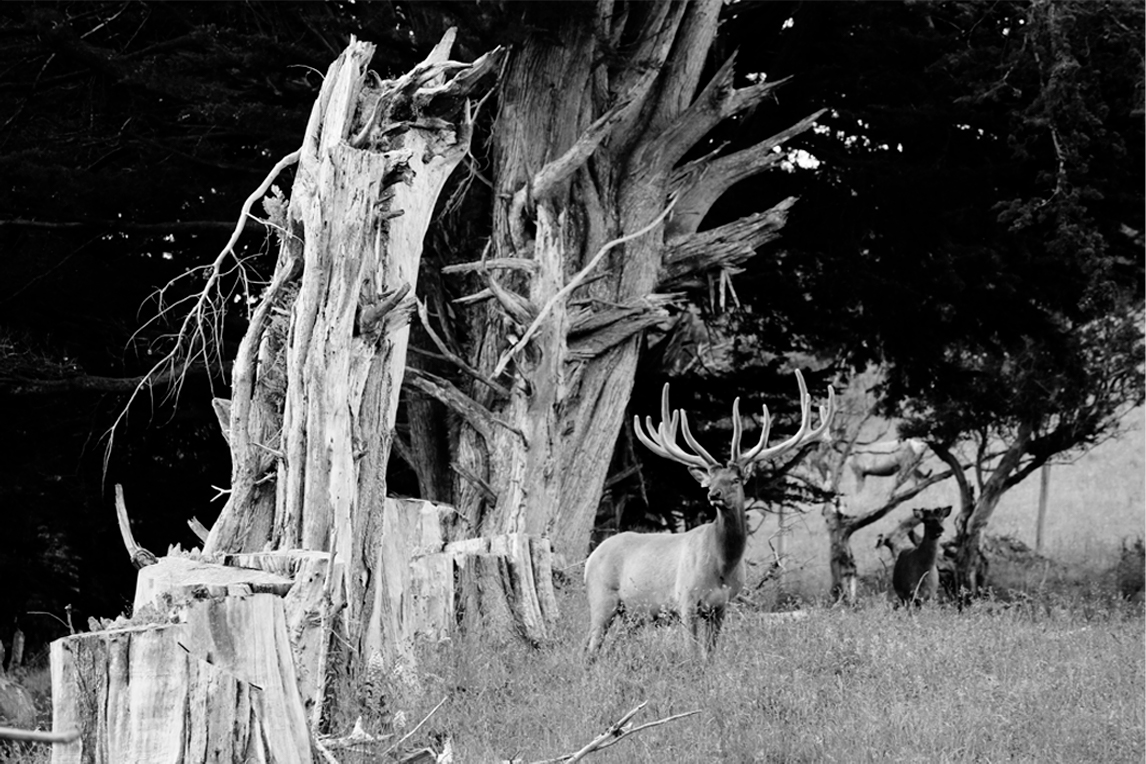Aug 17, 2022
Holidays are taking on another dimension for deer farmers travelling to Bali and to other Indonesian destinations this month.
Bali is one of several Indonesian provinces currently experiencing an outbreak of foot and mouth disease (FMD) and it is causing an acute problem for our Australian neighbours. It’s only one of the popular holiday destinations for Kiwis with the disease, over 23 new outbreaks have been reported around the world this year. FMD’s closer to home than you might think. So, what can we do to protect New Zealand?

A map showing the FMD situation in our part of the world since 2020. Orange dots show current outbreaks and green dots show where outbreaks have been resolved. Source: World Animal Health Organisation (WOAH).
Most important: make sure you don’t bring FMD back to New Zealand and your own farm. The disease spreads primarily through contact with susceptible farm animals.
- Stay away from susceptible animals, as far as practicable, while away
- Before packing to come home again, make sure all of your clothes are clean of dirt and, in particular, that all of your shoes are clean. Contaminated gear is the second means of spread of the disease – the virus can survive in organic matter, such as dirt, for several weeks if it’s moist and cold
- Make a last check of all bags to make sure that no local food had made its way into them
- Make a truthful and complete entry declaration, which helps MPI at the border to make a proper risk assessment and focus the efforts on high-risk areas
- Wash all of the holidays clothes as soon as possible
- Stay away from animals that could be infected – including pet sheep and pigs – for at least seven days. Just in case.
New Zealand is already implementing many biosecurity practices to protect New Zealand. There are layered protections, starting with making sure passengers understand what they can and can't bring home with them, explains DINZ science and policy manager Emil Murphy.
New Zealand does not import live cattle and has strict requirements for things like semen, as the primary means of spread is direct contact between infected and susceptible animals. It is also illegal to bring in a range of animal products that could carry FMD.
Deer farmers’ biosecurity plans should also include making sure all gear and cars that might make it on farm is clean, “or even better to provide your own gear to visitors,” he says.
It is illegal to feed untreated food waste to pigs in New Zealand, as it is most likely the 2001 FMD outbreak in the UK originated from not properly treating swill feed on a pig farm.
There is a stand-down period of seven days for everyone – visitors, workers and yourself – that have been in an area with active FMD. This is because the FMD virus can survive in the airways of human following contact with infected animals and spread from there to susceptible animals.
“FMD is a disease that is active in different parts of the world, many which are once again connected to us by direct flights post-Covid.
“DINZ will continue to work with MPI and the wider livestock sectors to ensure that the border biosecurity reflects the risk. However, as farmers we also need to be vigilant in ensuring that both ourselves, our staff, and our visitors continue to take biosecurity seriously,” says Murphy.

